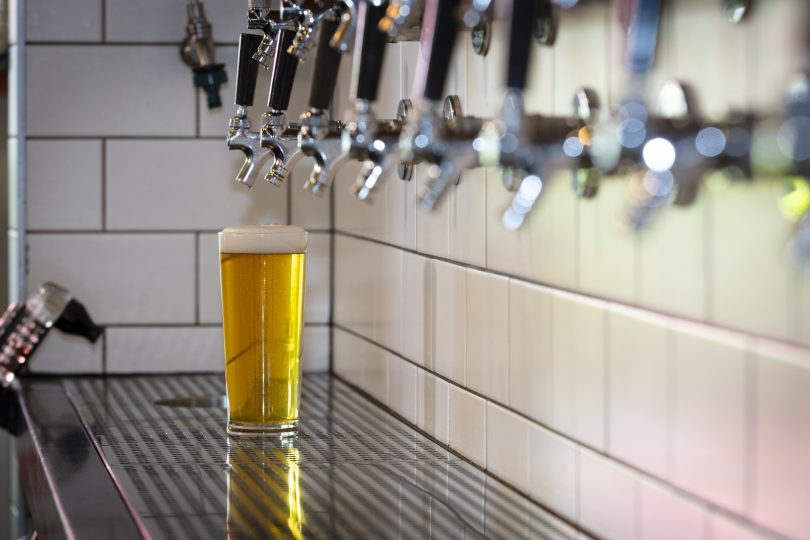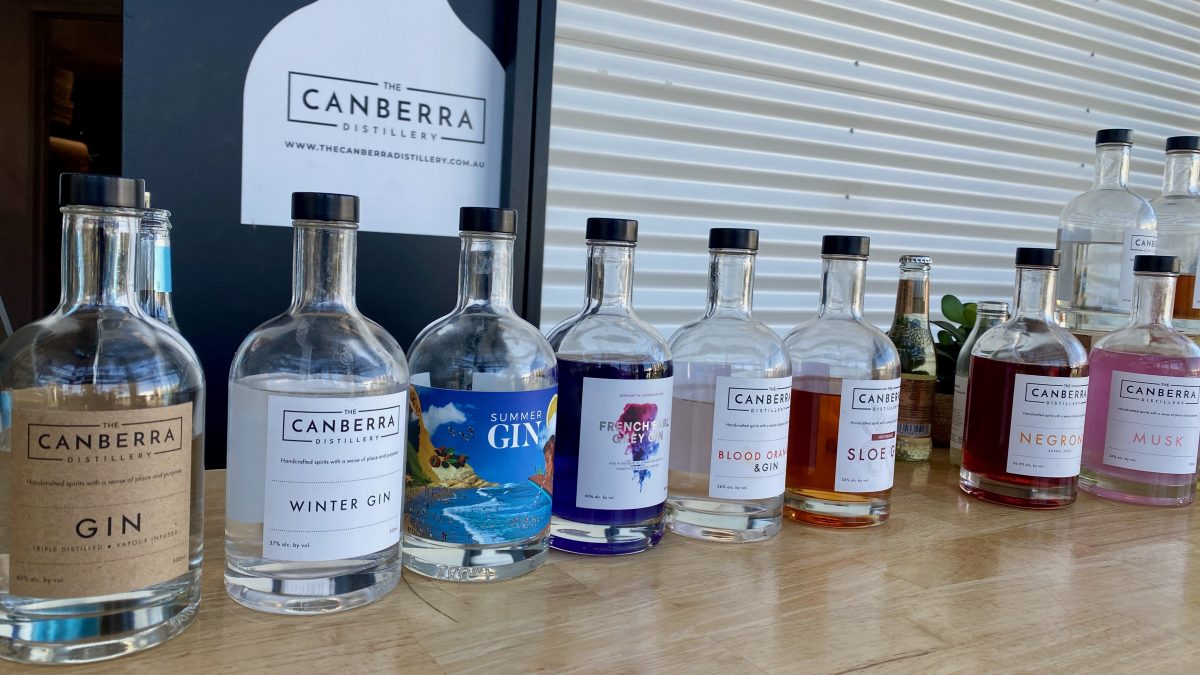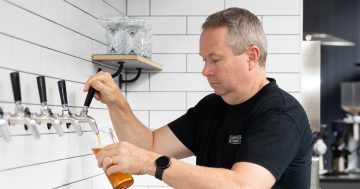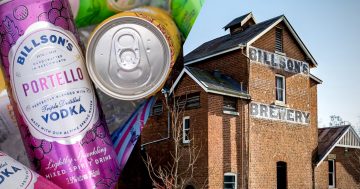
Local, small-scale breweries are doing it tough under current excise laws. Photo: Thomas Lucraft.
Year in Review: Region is revisiting some of the best Opinion articles of 2024. Here’s what got you talking, got you angry and got you thinking this year. Today, Lucy Ridge shares her take on excise tax increases.
When Region published this piece about excise tax increases last week, we asked you if you thought they were too high and 87 per cent of you said yes.
A cynic might say that 87 per cent of you just want to drink cheap beer, but I think there’s more to it.
The argument for high alcohol taxes goes like this: excess consumption of alcohol causes harm, therefore we need to tax it to discourage overconsumption while providing funds to promote positive health and social outcomes.
If this is true, then why is the wine industry subject to an entirely different system? And where is the direct link between funds raised by the excise tax and money spent on harm reduction?
I absolutely agree that, culturally, we need to take a long, hard look at the amount of alcohol we’re consuming.
My stance is that if we’re going to drink, we should drink better alcohol less often (where ‘better’ is shorthand for environmentally sustainable, locally produced and totally delicious). I don’t think taxing the heck out of the little guy is the way to achieve that.
The alcohol excise tax legislation was written at a time when Australia didn’t really have a craft brewing or distilling industry. It’s no longer fit for purpose and is doing a great deal of harm to small businesses.

The Canberra Distillery makes small-scale spirits in Mitchell, often partnering with other Canberra businesses. Photo: Lucy Ridge.
As it currently stands, a small-scale distillery has to fork over close to 30 per cent of the price of each bottle of gin to the tax office.
During a cost of living crisis, these businesses are also aware that consumers don’t have a great deal of spare change, so they’re looking to price their bottles affordably. The result is that there is not much (if anything) left over to reinvest in the business once staff, ingredients, rent, equipment and that tax is paid. Small businesses are stuck being small and the big guys (usually multinationals) get bigger. Now, I’m not advocating that every distillery or brewery should become massive factories, but there should be a little more wiggle room.
For one thing, it’s not just the spirits companies that are affected.
Most Australian distilleries use a neutral grain spirit made from a by-product of milling flour as the base of their spirits. Notable exceptions include brands like Tasmanian company Hartshorn Distillery, which distils whey leftover from their sheep’s milk cheeses for their spirits.
Most spirits make use of by-products for their base, which is super sustainable, and there’s the potential for other industries to recycle what is currently considered ‘waste’ – gluts of overripe fruit, for example – into a desirable product before composting the remainder.
Craft breweries often on-sell their spent grains to small-scale pastured pig farms. They turn that ‘waste’ product into delicious bacon, which can then be sold back to the tap room kitchens to make meals to serve alongside the beer. Circular economies are tasty!
Many gin companies are turning to locally produced native botanicals to give their gins a uniquely Australian flavour, and there’s a growing push to ethically source these botanicals from Indigenous-owned businesses. Partnering with small-scale makers is a great way for Indigenous farmers and wild harvesters to find a market and build up their businesses.
Look at Uncle Bruce Pascoe partnering with Sailor’s Grave Brewing in Victoria, using mamadyang ngalluk and burru ngalluk native grass seeds in a Dark Emu beer. Or Headlands Distilling Co in Wollongong collaborating with local mob to harvest Illawarra Plum for their spirits. Not all Indigenous companies will want to partner with alcohol brands, but it’s just one example of ways that small businesses are collaborating within local communities.
Whole sustainable industries spiral outwards from craft distilleries and breweries. Big guys like XXXX claim to “give a xxxx” about environmental sustainability, but their net-zero plan relies on purchasing carbon offsets rather than taking accountability for waste management and sustainable ingredients.
Australian whisky and gin are well-regarded overseas, with Aussie brands frequently outperforming other spirits at international awards, and international demand for Australian spirits currently outweighs the supply. There’s huge potential for us to show the world what we can do, but a greedy, outdated tax stymies local production.
If we want to keep the pub stocked with craft beer or sip a local gin and tonic on a hot summer’s evening, then something’s got to change, and I give a xxxx about that.
Original Article published by Lucy Ridge on Riotact.










